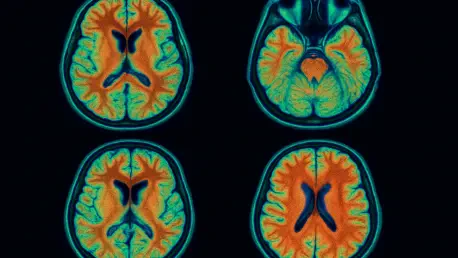
In the ever-evolving field of neuroscience, capturing the brain's intricate workings in a natural, unaltered state has remained a formidable challenge for researchers striving to unlock its deepest secrets, while traditional imaging techniques, often reliant on anesthesia, introduce distortions

In a world where breast cancer remains one of the most prevalent and life-altering diseases affecting millions of women globally, a groundbreaking initiative is poised to transform how this illness is detected and managed through innovative technology. The BosomShield project, supported by the

Imagine a future where detecting cancer at its earliest stage is as straightforward as swallowing a pill and analyzing a urine sample in the privacy of one’s home, without the need for intimidating hospital visits or invasive procedures. This transformative vision is taking shape through a

I'm thrilled to sit down with Ivan Kairatov, a renowned expert in biopharma with a deep passion for integrating technology and innovation into mental health research. With years of experience in research and development, Ivan has been at the forefront of exploring how artificial intelligence can

Every year, countless men face a silent threat that often goes undetected until it’s too late—prostate cancer, which stands as one of the leading causes of cancer-related deaths among men globally. This disease claims lives with a stealth that makes early detection both a challenge and a necessity.

Imagine a world where a deadly brain cancer diagnosis in a child no longer carries the grim prognosis it does today, where a non-invasive technology could breach the brain’s natural defenses just long enough to deliver life-saving drugs directly to the tumor. This vision is becoming a tangible